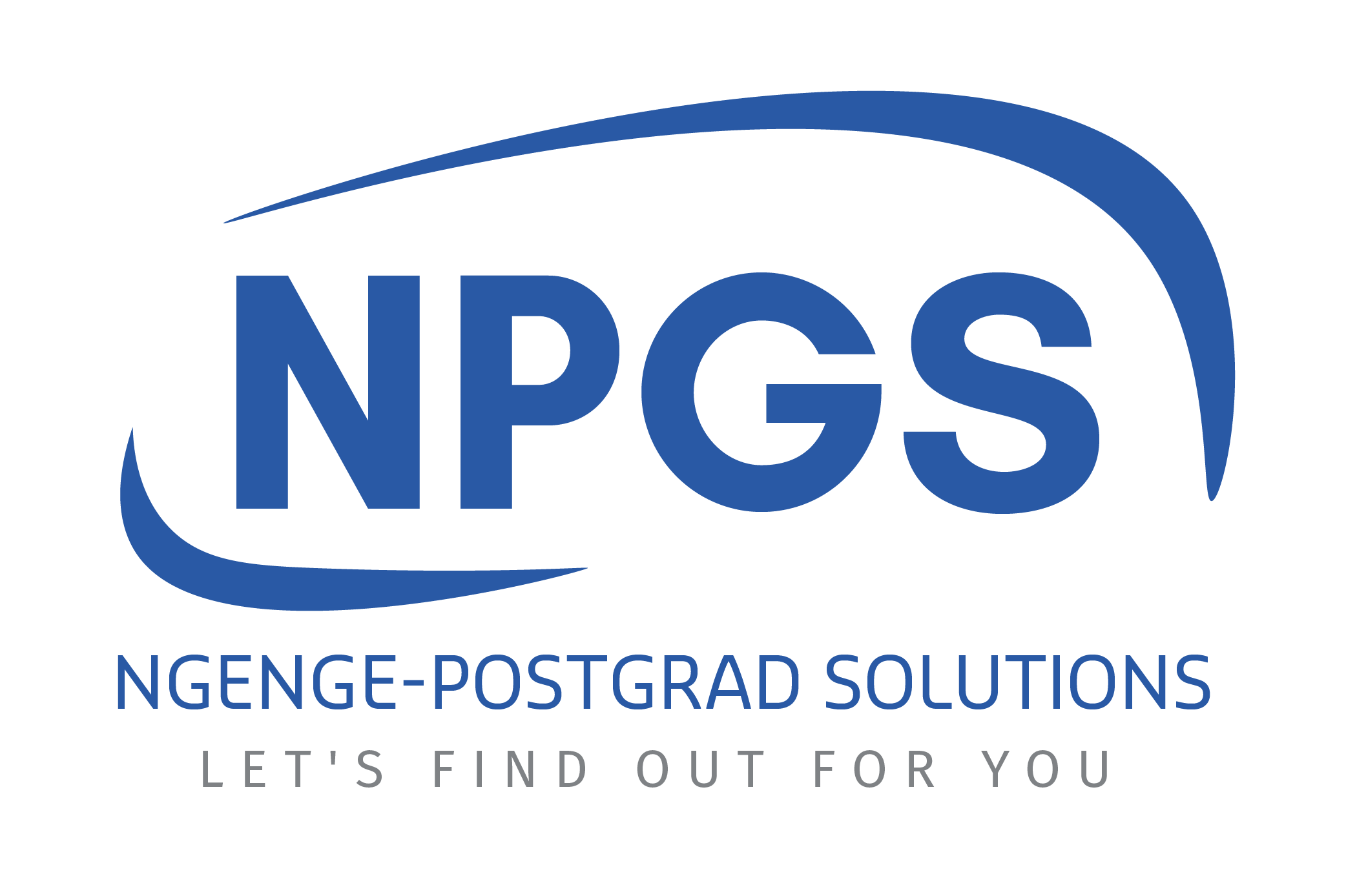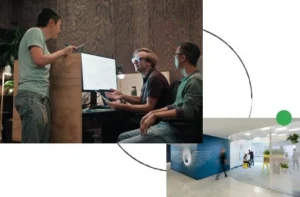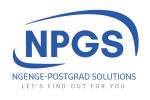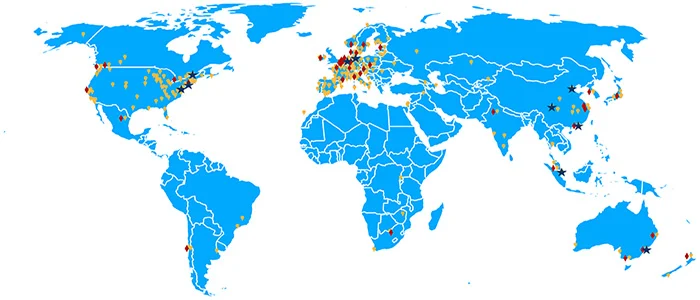NGENGE-POSTGRAD SOLUTIONS IS HERE TO HELP YOU: NPGS has an Application Help Service with a team of highly experienced professionals to help you find a position or prepare a CV or Cover Letter. Our professional experts can also apply for you from A to Z.
Application Deadline: August 1, 2022
Örebro University and the School of Science and Technology are offering two PhD positions in Computer Science with a focus on integrating Machine Learning and Machine Reasoning, concluding with the doctoral degree. The PhD student will be affiliated with the research Centre for Applied Autonomous Sensor Systems which carries out multi-disciplinary research at the intersection of robotics, machine learning, artificial intelligence, computer vision and measurement technology.
Project description:
The project will investigate how to develop systems that learn and reason in an artificial intelligence (AI) and autonomous systems context. While there has been a lot of progress on both machine learning and machine reasoning, their integration remains a key open challenge in artificial intelligence and autonomous systems. The distinction between learning and reasoning is related to the differences between fast and slow thinking, between data-driven and knowledge-based approaches, and between symbolic versus sub-symbolic representations. The project will build upon neuro-symbolic computation as a paradigm for integrating (neural-based) learning and symbolic reasoning. The goal of the project is to develop human-computer interaction approaches relying on neural-symbolic solutions to address problems related to natural language processing (NLP), conversational AI and user modelling.
The project is part of the Wallenberg AI, Autonomous Systems and Software Program (WASP), Sweden’s largest ever individual research program, and a major national initiative for strategic basic research, education and faculty recruitment. The vision of WASP is excellent research and competence in artificial intelligence, autonomous systems and software for the benefit of Swedish industry. For more information about the research and other activities conducted within WASP.
The PhD students will belong to the graduate school within WASP, which is dedicated to provide the skills needed to analyze, develop, and contribute to the interdisciplinary area of AI, autonomous systems and software. The curriculum provides the foundations, perspectives, and state-of-the-art knowledge in the different disciplines taught by leading researchers in the field. Through an ambitious program with research visits, partner universities, and visiting lecturers, the graduate school actively supports forming a strong multi-disciplinary and international professional network between PhD-students, researchers and industry. For more information on the graduate program within WASP.
The successful candidate should show strong and independent problem solving and critical analytical abilities. Furthermore, the candidate must have the ability to co-operate. Fluent spoken and written command of English is essential, while knowledge of Swedish is not necessary. Having courses, a thesis or publications based on the idea of integrating symbolic and sub-symbolic AI methods is a merit.
The programme and the doctoral studentship
The doctoral programme consists of courses and an independent research project that you will present in a doctoral thesis. The programme concludes with a doctoral degree and comprises 240 credits, which corresponds to four years of full-time study.
Our ambition is for your doctoral studies to be stimulating and purposeful throughout the programme until you have obtained your doctoral degree. A thorough introduction will therefore get you off to a good start and provide a solid foundation on which you can build your studies. As a doctoral student at Örebro University, you will be offered a specially tailored seminar series, covering matters ranging from doctoral programme rules and careers to support during the study period and networking.
The place on the programme is linked to a full-time doctoral studentship for the duration of the study programme. More information on doctoral studentships, part-time studies and part-time doctoral studentships can be found in the Regulations Handbook. The initial salary for a doctoral studentship is SEK 29 100 a month.
The doctoral studentship is a tailored form of employment for students enrolled on a doctoral programme. It guarantees employment for the duration of the doctoral programme (given that the studies progress).
Entry requirements and selection:
For admission to doctoral studies, applicants are required to meet both general entry requirements and specific entry requirements. In addition, applicants must be considered in other respects to have the ability required to benefit from the programme. For a full account of the entry requirements, refer to the admissions regulations as well as to annex 2 to the general syllabus for computer science.
Applicants meet the specific entry requirements for research studies in computer science if they have been awarded a Degree of Master of Science in Engineering or a one-year Master’s degree from a programme within the subject field or related subjects, or if he or she has received a passing grade of at least 120 credits, including an independent project on the second cycle, in a main field of study of relevance to the computer science field. A person who has acquired substantially corresponding knowledge, in Sweden or abroad, also meets the specific entry requirements







